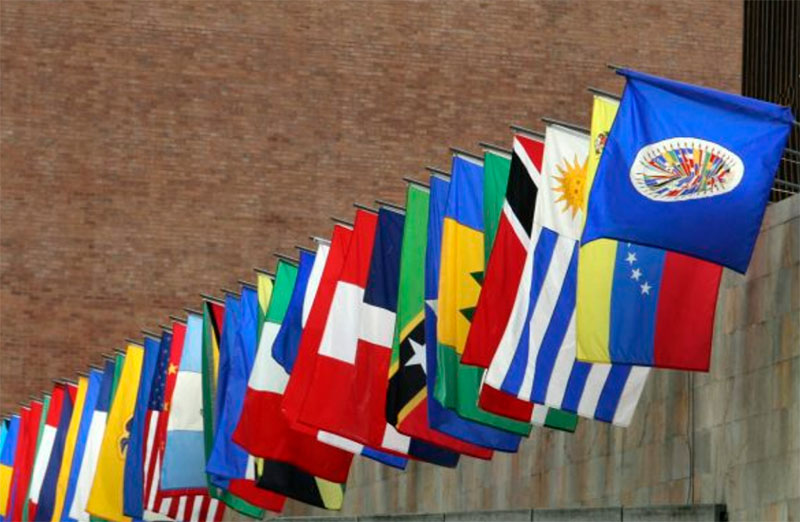The Inter-American Convention on Letters Rogatory is a treaty among countries in the Americas that facilitates the service of legal documents in criminal and civil matters. Letters rogatory are legal documents, such as subpoenas or summons, that are issued by a court in one country and need to be served on a person or entity in another country. The Convention, also known as the Montevideo Convention, allows for the direct transmission of letters rogatory between the courts of the contracting countries, without the need for diplomatic channels.
The Convention, adopted in Montevideo, Uruguay in 1975, currently has 21 countries as its contracting parties, including the United States, Mexico, and Canada. The Convention has been ratified by most of the countries in the Americas and it is a useful tool to simplify and expedite the process of serving legal documents between the countries that are part of it.
The procedure for the service of legal documents under the Convention is relatively straightforward. The court that issues the letters rogatory sends the document directly to the court of the country in which service is to be made. The receiving court then carries out the service according to its own laws and procedures.
However, as with most international legal matters, it is advisable to work with experienced professionals who are familiar with the laws and procedures of both the requesting country and the country in which service is to be made, to ensure that service of process is completed correctly and efficiently.
In summary, The Inter-American Convention on Letters Rogatory provide a useful mechanism to serve legal documents in civil and criminal matters across the Americas, making the process more efficient and reducing the need for diplomatic channels or other alternatives methods, this makes it a valuable tool for legal professionals and parties involved in cross-border legal matters.

